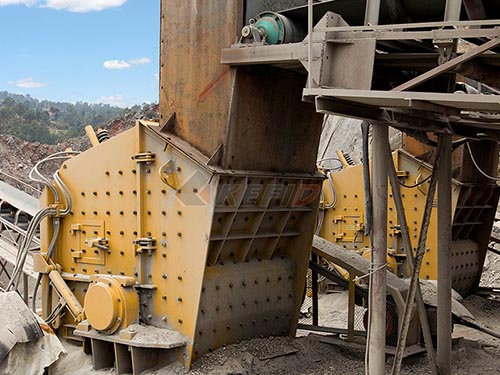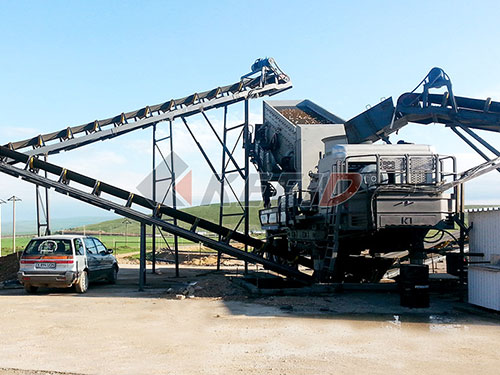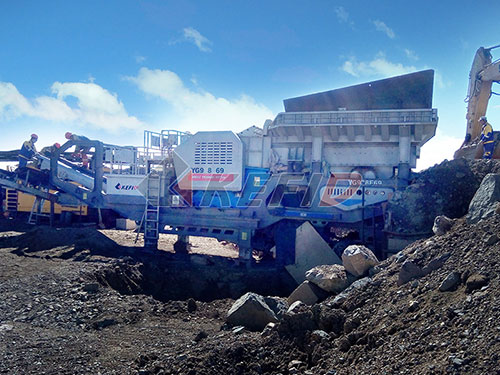Used Small Crushed Machines On Sale In Canada: Smart Buying Guide
For Canadian contractors, landscapers, recyclers, and small-scale miners needing affordable rock processing, concrete recycling, or aggregate production, the used equipment market offers significant opportunities. Small crushed machines (like compact jaw crushers, impact crushers, and cone crushers) are frequently available across Canada. Purchasing used can provide substantial cost savings compared to new models, making essential machinery accessible for tighter budgets or specific project needs. However, navigating this market requires careful consideration.
Why Consider a Used Small Crusher in Canada?
1. Cost Efficiency: The primary advantage is price. Used machines typically cost 30-60% less than their new counterparts, freeing up capital for other business needs.
2. Proven Performance: Buying a model with a known track record (especially popular brands) reduces the risk associated with unproven new technology.
3. Faster Availability: Finding a suitable used machine ready for immediate purchase and delivery is often quicker than waiting for a new unit to be built and shipped.
4. Lower Depreciation: The steepest depreciation hit has already been absorbed by the first owner.
5. Ideal for Specific Tasks: Perfect for smaller jobs, remote locations where large equipment is impractical, or as supplemental capacity.

Considerations When Buying Used in Canada:
Buying smart is crucial to avoid costly mistakes:
1. Thorough Inspection is Non-Negotiable:
Physical Condition: Examine the machine meticulously for structural cracks (especially in the frame and crushing chamber), excessive wear on liners/jaws/hammers/cones, corrosion (critical in coastal or high-salt areas), leaks (hydraulic oil, engine oil, coolant), and overall build quality.

Wear Parts: Assess the condition of critical wear parts (jaws, liners, blow bars, mantles, concaves). Factor replacement costs into your budget if they are near end-of-life.
Mechanical Components: Check bearings (listen for noise/roughness), belts/pulleys for wear/alignment, hydraulics (cylinders for leaks/seizing), and the engine/motor (run it – listen for knocks/smoke).
Operational Check: If possible under safe conditions with appropriate material feed arranged by the seller, witness the machine running under load. Observe vibration levels and listen for unusual noises.
2. Service

Leave a Reply